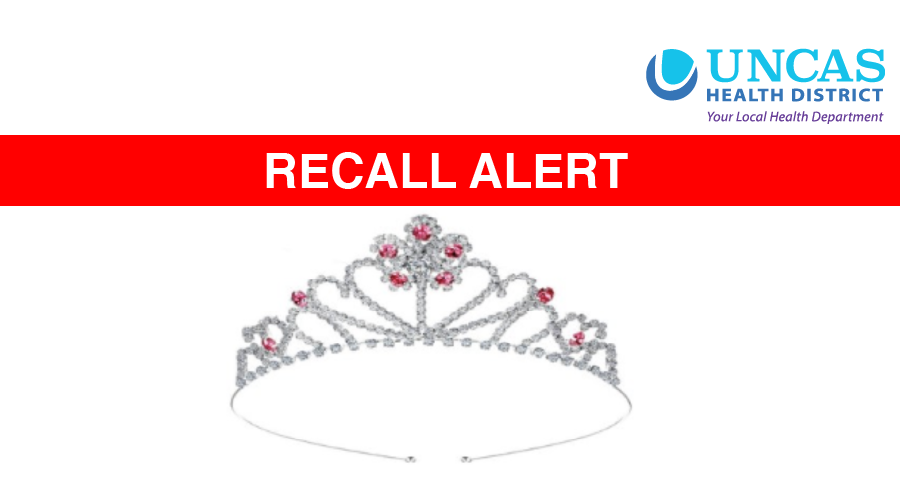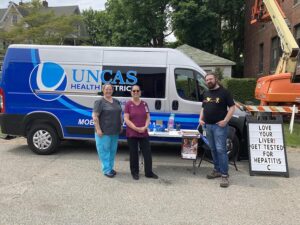With 2025 just around the corner, the Connecticut Department of Public Health (DPH) is reminding parents to make sure their children’s immunizations are up to date.
The good news is that Connecticut school immunization rates are rebounding. The percentage of Connecticut kindergarten students receiving the required measles, mumps, and rubella (MMR) vaccine in the 2023–2024 school year is 97.7%. This is an increase of 0.4% from the previous year. Among schools with more than 30 kindergarten students, compared with last year, there was a 3% increase in the number of schools with MMR vaccination rates at or above 95%. Parents and the public can access information on immunization completion rates for schools in Connecticut by visiting data.ct.gov and typing in school immunization survey data.
“It’s important for parents to check with their child’s healthcare provider to ensure that all vaccinations are up to date,” said DPH Commissioner Manisha Juthani, MD. “If parents have any questions or concerns about vaccinating their children, they should discuss them with their child’s primary care provider. We want to make sure every child attending school in Connecticut is protected from vaccine-preventable diseases such as measles.”
Earlier this fall, the Centers for Disease Control and Prevention (CDC) reported that Connecticut medical exemptions went up 0.1% and non-medical exemptions went down 0.4% from the 2022–2023 to 2023–2024 school years.
Additionally, coverage rates for Connecticut kindergartners increased from the 2022–2023 to 2023–2024 school years and remain above the national average.
High vaccination rates protect not only vaccinated children but also those who cannot or have not been vaccinated. This is called herd immunity. Schools that achieve herd immunity reduce the risk of outbreaks. High vaccination rates at schools are especially important for medically fragile children.
Some children have conditions that affect their immunity, such as illnesses that require chemotherapy. These children cannot be safely vaccinated, and, at the same time, they are less able to fight off illness when they are infected. They depend on herd immunity for their health and their lives.
“School attendance is foundational to learning and academic success, as well as to supporting students’ social, emotional, and physical well-being,” said Education Commissioner Charlene M. Russell-Tucker. “Ensuring students are healthy and ready to learn from the first day of school is critical, and immunizations are one of the many important tools that help create safe and supportive learning environments for all.”
Uncas Health District Has Flu Vaccines
Flu Shots are available through Uncas Health District. Vaccines are available through our Mobile Health Team or by appointment. To schedule, simply call 860-823-1189
There are still plenty of vaccine doses available, and flu shots are free for individuals with the following insurance plans:
- Anthem BC/BS
- Cigna
- ConnectiCare
- Medicare
- TriCare
- UnitedHealthCare
Thanks to a donation, individuals without insurance or with other insurance can also receive their flu vaccine at no cost this season. Normally, the standard-dose flu vaccine costs $20, and the high-dose flu vaccine is $65 for those without insurance.
Get Your Vaccination Record Online
To learn how to get you or your child’s vaccine record securely online, visit ct.gov/getmyvaccinerecord. The CT WiZ Public Portal is a confidential and free service provided by the Connecticut Department of Public Health Immunization Program.
Anyone with questions regarding the Connecticut Vaccine Program can call 860-509-7929 or email [email protected].
For more information about vaccines, visit https://www.cdc.gov/vaccines/parents/index.html








